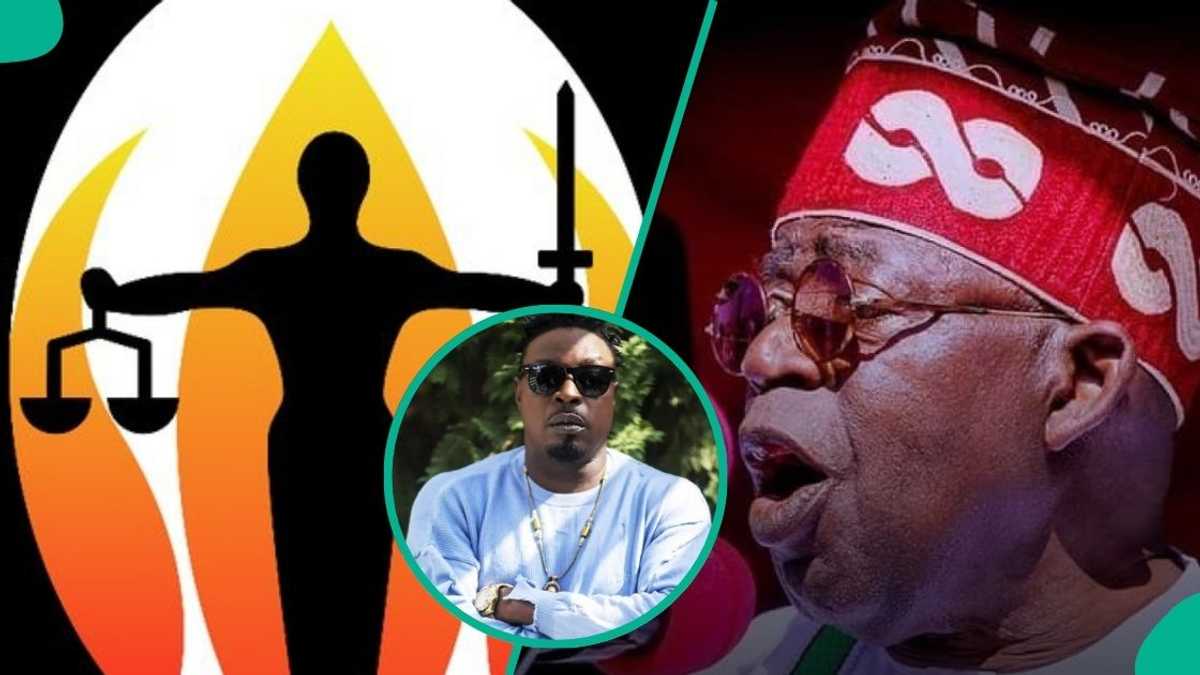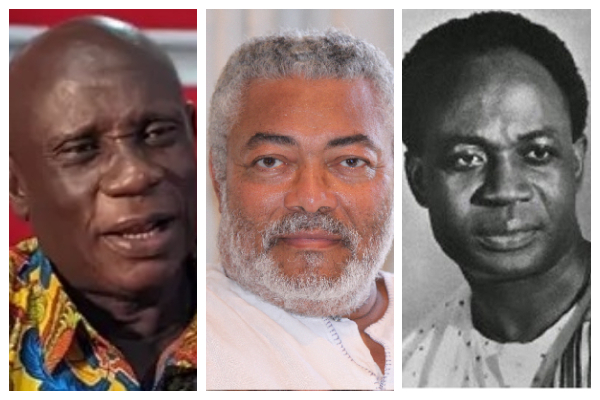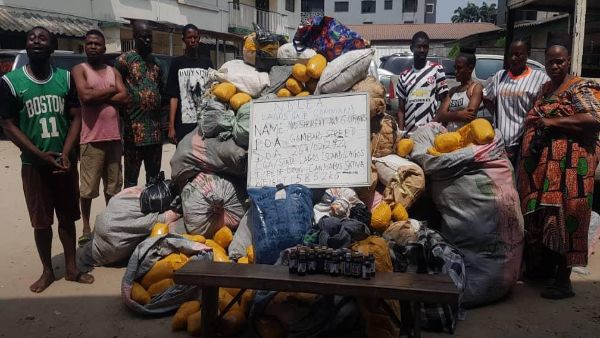The Conviction of Munir Zulu: Justice or Political Vendetta?- Thandiwe Ketis Ngoma
The Conviction of Munir Zulu: Justice or Political Vendetta?
By Thandiwe Ketis Ngoma
In what should have been a moment for the justice system to uphold integrity and transparency, Zambia instead witnessed what appears to be a politically engineered takedown of one of its most outspoken parliamentarians. The conviction of Hon. Munir Zulu is not just a legal matter; it is a troubling indicator of the direction in which our democracy is heading.
A Whistleblower, Not a Criminal
Before his conviction, Hon. Zulu was not simply stirring controversy for attention. He was raising serious alarms. He publicly accused the Minister of Finance and National Planning, Situmbeko Musokotwane, the Minister of Infrastructure and Urban Development, Charles Milupi, and the Road Development Agency Chairperson, Mulchand Kuntawala, of receiving a $250,000 bribe tied to the Lusaka–Ndola Dual Carriageway contract.
These were not vague insinuations. They were bold, direct allegations made in the spirit of transparency and accountability. In any country committed to fighting corruption, such claims would have triggered immediate investigations by independent bodies like the Anti-Corruption Commission.
But not in Zambia.
Instead of probing the claims, the state zeroed in on Zulu himself—arresting, prosecuting, and ultimately convicting him. The whistleblower became the scapegoat.
Weaponizing the Justice System
This conviction sets a dangerous precedent. When the justice system is used to silence those who speak out against corruption, we are no longer dealing with a democratic process. We are witnessing state-sponsored retribution.
Zulu’s case is not isolated. It forms part of a broader trend in which politically inconvenient voices are targeted, criminalized, and removed from the public eye. The courts, which should be the last line of defense for the voiceless, are now being perceived as extensions of executive power. The legal outcome was not just about guilt or innocence—it was about sending a message: “Cross the line, and we’ll crush you.”
The Propaganda Machine in Action
No campaign of political persecution is complete without a media arm to shape the narrative. In this case, The Zambian Watchdog played its part with chilling efficiency. Known for its affiliation with State House, the platform celebrated Zulu’s conviction with an eagerness that betrayed its lack of journalistic objectivity.
Such behavior does not serve the public. It serves power.
When the media becomes a mouthpiece for political elites instead of a watchdog for the people, democracy is the ultimate casualty.
By-Elections Before the Ink Dries
Perhaps the most blatant proof that Zulu’s conviction was politically motivated lies in the timing of events. Within hours of the judgment, there were already whispers—and even plans—for a by-election in Lumezi, the constituency Zulu represented.
The sequence is too convenient to be coincidental: convict, remove, replace. A seamless script that seems to have been prepared well in advance. The haste to replace Zulu shows this was never about justice—it was about eliminating a political obstacle.
A Message to Zambia’s Youth
To the young people of Zambia: this is your fight too.
Today it is Munir Zulu. Tomorrow, it could be a student leader, a journalist, a civil rights activist—or you.
You must be vigilant. We must be responsible, yes, but never silent in the face of injustice. This is not about defending individuals. It is about defending our democratic space and the principles that make Zambia a republic—not a dictatorship.
Where Do We Go From Here?
The fight for a fair and democratic Zambia cannot be left to politicians alone. It must be championed by civil society, the Church, the media, youth movements, and every citizen who refuses to stay silent.
We call on:
The judiciary to remain independent and resist political interference.
The international community to watch Zambia closely and hold the government accountable.
Fellow citizens to rise above fear and demand better leadership.
No government lasts forever, but history is permanent. Let it be said that when tyranny crept in, the people of Zambia stood tall and refused to bow.
Conclusion: A Nation at a Crossroads
Zambia is at a defining moment. We can either allow our institutions to be hijacked by political agendas or rise and reclaim our democracy.
Hon. Munir Zulu’s conviction should be a wake-up call—not just about the dangers of speaking out, but about the cost of staying silent.
Zambia belongs to all of us. And together, we must defend it.







